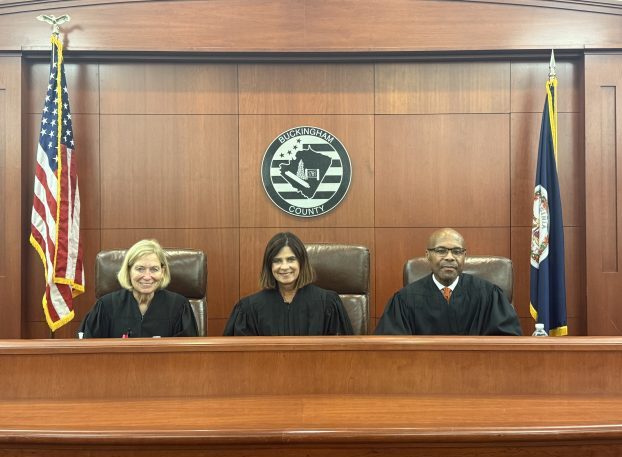Trump and Clinton lead, new poll finds
Published 5:32 am Thursday, February 18, 2016
Two weeks before Virginia votes on Super Tuesday, Donald Trump leads all contenders in the Virginia Republican primary, while Hillary Clinton holds a majority over Bernie Sanders in the Democratic primary, according to a poll of Virginia voters released recently by the Wason Center for Public Policy at Christopher Newport University.
“Among voters who say they are likely to vote in the GOP primary, Trump has the backing of 28 percent. Florida Sen. Marco Rubio is next at 22 percent, then Texas Sen. Ted Cruz at 19 percent. Support drops sharply from there, with retired surgeon Ben Carson and Ohio Gov. John Kasich tied at 7 percent, and former Florida Gov. Jeb Bush at 4 percent,” a press release stated.
“Almost all the voters have an opinion about Donald Trump, and twice as many see him in an unfavorable light as view him favorably,” said Dr. Quentin Kidd, director of the Wason Center.
According to the release, Trump’s unfavorable rating is 64 percent, the highest of any candidate. “His favorable rating is 30 percent. Rubio’s favorable rating is the highest of any candidate, at 44 percent and his unfavorable rating is 38 percent. Cruz’s favorable rating is 32 percent and his unfavorable rating is 52 percent.”
Among voters who say they are likely to vote in the Democratic primary, Clinton has the support of 52 percent, with Vermont Sen. Bernie Sanders at 40 percent, stated the release.
On broader questions, voters say they are more interested in supporting a candidate who agrees with them on the issues than supporting one who can win, according to the release. “A majority is put off by the label Democratic-Socialist, but a majority of likely Democratic voters and a majority of independents are unconcerned by the label. And most voters say they are less likely to vote for a candidate who has called for a ban on non-citizen Muslims entering the U.S.
Both parties hold their 2016 presidential primaries in Virginia on March 1.” The Wason Center survey was based on interviews with 735 registered voters, conducted Feb. 3-14. The margin of error overall is plus or minus 4.3 percent.





